By Christine Darg
As many times as I’ve seen the villainous name Barabbas in the Gospels since childhood, and since my awareness of our Hebraic roots, I’ve never noticed until a few years ago that Barabbas in Hebrew means “son of the father.”
Stay with me please….I’ve discovered some fascinating information about the name Barabbas, the notorious prisoner who was released while Jesus of Nazareth was crucified instead.
The penalty for Barabbas’s crime was death by crucifixion, but according to the four canonical gospels as well as the Gospel of Peter (ancient manuscript in Cairo Museum), there was a prevailing Passover custom for the Roman governor of Judea to commute one prisoner’s death sentence by popular acclaim.
The question is frequently discussed: who really killed Jesus? I like the summation of my friend Dr. Richard Booker on that question:
The short answer for who killed Jesus is two words—“The Establishment.” Now think about it. Prophets, revolutionaries and outsiders are always a threat to the establishment. Jesus was all three. He was a prophet, a spiritual revolutionary and certainly an outsider. His popularity with the masses, all Jews I might add, had grown so large that He was a threat to the establishment.
But putting that controversy aside, let’s look at the issue of Barabbas. The “crowd” (ochlos) — which has become “the Jews” and “the multitude” in some translations — were offered a choice. According to the Synoptic gospels (Matthew, Mark and Luke) and the more divergent accounts in John and the Gospel of Peter, the crowd chose a revolutionary named Barabbas to be released rather than Jesus of Nazareth.
A passage found only in the Gospel of Matthew has the crowd saying, “Let his blood be upon us and upon our children.” (However, I have never interpreted that verse as exclusively anti-Semitic; rather I have seen His blood upon the Jewish people and upon their children as a preservative and a protection from extinction throughout the Diaspora.)
The exoneration of Barabbas has been frequently used to lay the blame for the crucifixion of Jesus on the Jews and to justify anti-Semitism, i.e., allegations of Jewish deicide.
Matthew refers to Barabbas as a “notorious prisoner.” John 18:40 labels Barabbas as a lēstēs, “bandit,” “the word Josephus always employs when talking about Revolutionaries,” Robert Eisenman observes. Mark and Luke further refer to Barabbas as one involved in a “stasis,” a riot. In his 2007 encyclical “Spe Salvi,” interestingly, Pope Benedict XVI mentioned Barabbas in this context: “Jesus was not Spartacus, he was not engaged in a fight for political liberation like Barabbas or Bar-Kochba” (paragraph 4).
BARABBAS’S NAME
According to early Greek texts, Barabbas’s full name was “Jesus Barabbas.” Later texts shortened his name to Barabbas.
Abba means “father” or “daddy” and appears translated and untranslated in the Gospels. Bar means son. Therefore a translation of Bar-Abbas would be “son of the father.” Jesus often referred to the Almighty as “father.” For example, Jesus’s use of Abba survives untranslated in Mark 14:36 (in most English translations).
THIS HAS LED SOME AUTHORS TO SPECULATE THAT “JESUS BAR-ABBA” COULD BE A REFERENCE TO JESUS HIMSELF AS THE “SON OF THE FATHER!”
The late Hebrew scholar Dr. Hyam Maccoby and some other scholars have asserted that Jesus was known as “bar-Abba,” because of his custom of addressing God as “Abba” in prayer, and referring to God as Abba in his preaching. It follows that when the Jewish crowd clamored to free “Bar Abba,” it is possible that they could have meant Jesus! Therefore, the crowd could possibly have called for the release of Jesus, (Yeshua in Hebrew, the son of the father!
Anti-semitic elements in the church, the argument goes, may have altered the narrative or the emphasis, to make it appear that the demand was for the freedom of somebody else (a brigand or insurrectionist) named “Barabbas.” This was, the theory goes, part of the tendency to shift the blame for the crucifixion of Jesus towards the Jews and away from the Romans.
In my research I learned that Hyam Maccoby (1924-2004) was a British Jewish scholar and dramatist specializing in the study of the Jewish and Christian religious tradition. His grandfather and namesake was Rabbi Hyam (or “Chaim”) Maccoby (1858-1916), better known as the “Kamenitzer Maggid,” a passionate religious Zionist. In retirement Dr. Maccoby moved to Leeds, England, where he held an academic position at the Centre for Jewish Studies, University of Leeds. Maccoby was known for his studies on the historical origins of Christianity. Maccoby also wrote extensively on the phenomenon of ancient and modern anti-semitism.
Benjamin Urrutia, co-author of “The Logia of Yeshua: The Sayings of Jesus,” agrees with Maccoby and others who say that Yeshua Bar Abba or Jesus Barabbas could have been Jesus of Nazareth. I find this interpretation fascinating, because it does seem such a paradox that the adoring populace of Palm Sunday turn into the mob that wanted to crucify the miracle worker and Lord of glory. (However, I tend to agree with Dr. Richard Booker’s assessment: “It was a small group of religious and political leaders who desired to crucify Jesus because they were jealous of His fame and afraid He would upset the status quo. Like our modern politicians, the establishment met in secret and arrested Jesus and had a mock trial at night because they feared the people would revolt if they knew what they had done (Luke 20:19). The everyday people living in Jerusalem were in their homes preparing for Passover and had no idea what had happened. By the time they awoke the next morning, the establishment had already crucified Jesus. The people didn’t kill Jesus they loved Him.”
Also this morning a friend who lives in Israel mentioned to me the scapegoat rite in Biblical Judaism during which one goat was cast out in the desert as part of the Day of Atonement and another goat was sacrificed. The selection was through lots. Although circumstances surrounding Barabbas took place at Passover, something prophetically significant concerning the sacrifice for sin is dramatised in this Gospel episode. God’s lot fell upon Jesus and “Barabbas” was released to go free.
Whatever the dynamics going on in the crowd concerning names and titles, we DO know that the sinless son of God, the Lamb of God, was crucified in the place of a man named Barabbas, a sinner who represents all of fallen mankind. God’s will was done: “Yet it was the LORD’s will to crush him and cause him to suffer, and though the LORD makes his life a guilt offering, he will see his offspring and prolong his days, and the will of the LORD will prosper in his hand.” (Isaiah 53: 10)
Therefore we rejoice, that Jesus, bar Abba, is risen and He will come again!

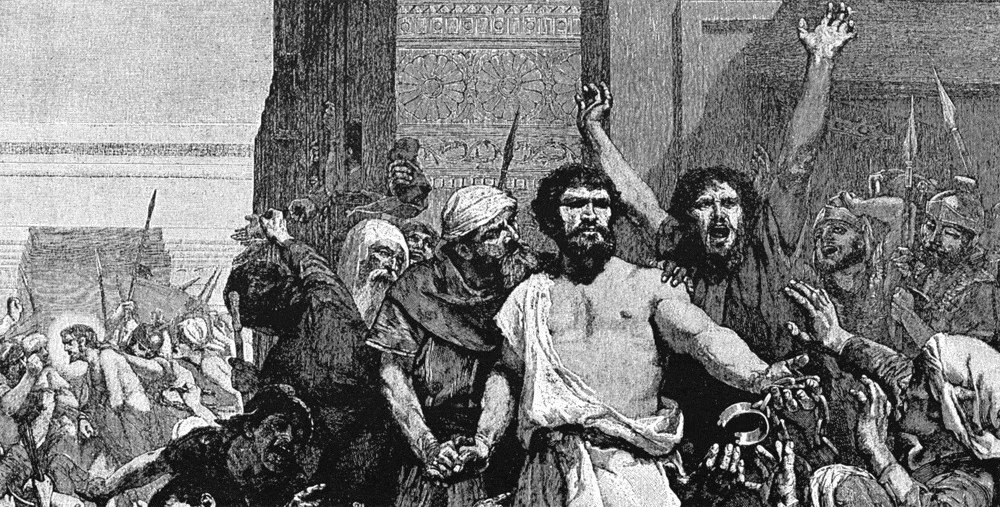

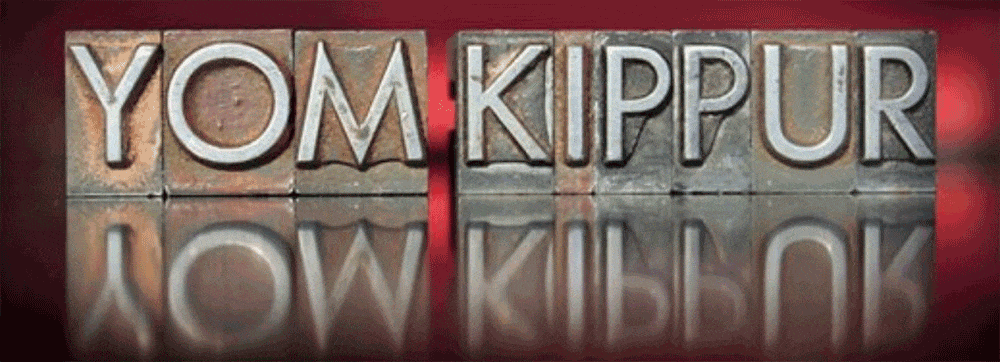

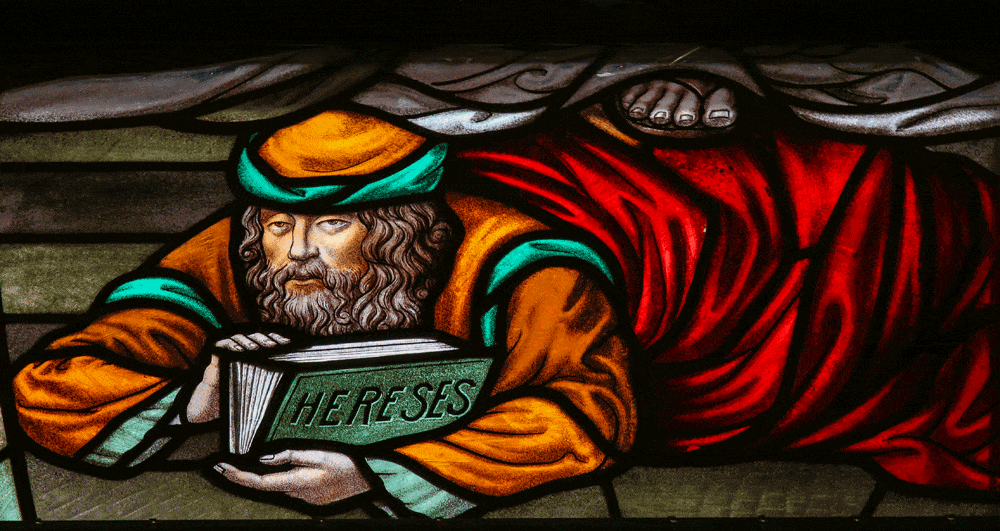
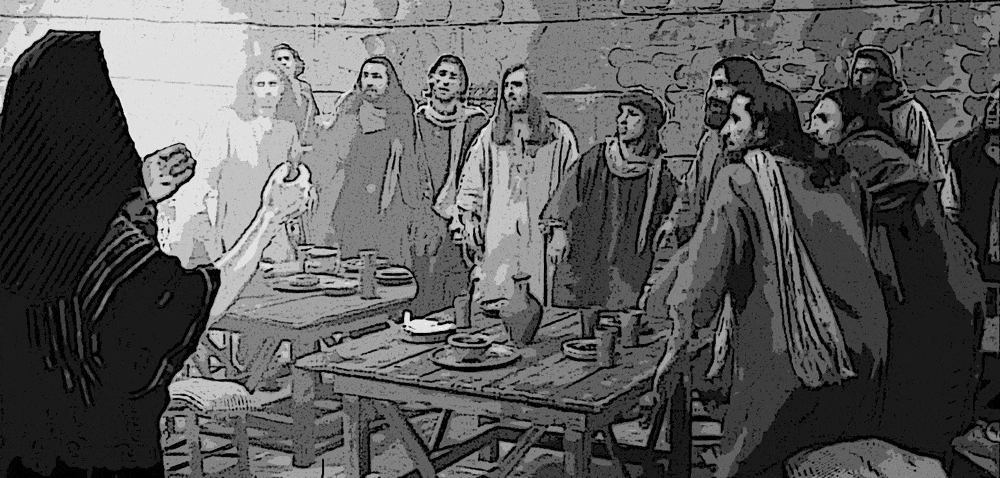
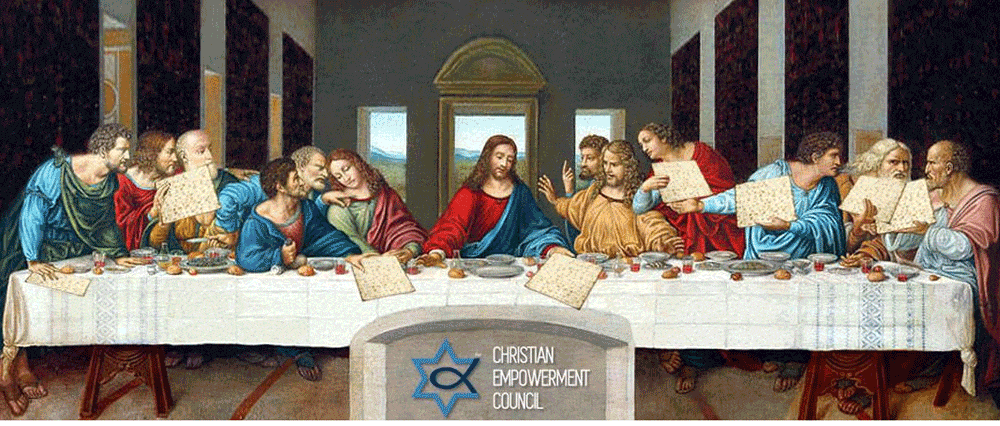
https://m.youtube.com/watch?v=XzLr-TnXEos
Start listening at 33:42 of the video. Rabbi Janathan Cahn goes even deeper into this and I believe it will be a huge blessing to you! Shalom!
My last name…Barabas..a small town in eastern Hungary..as common as Smith